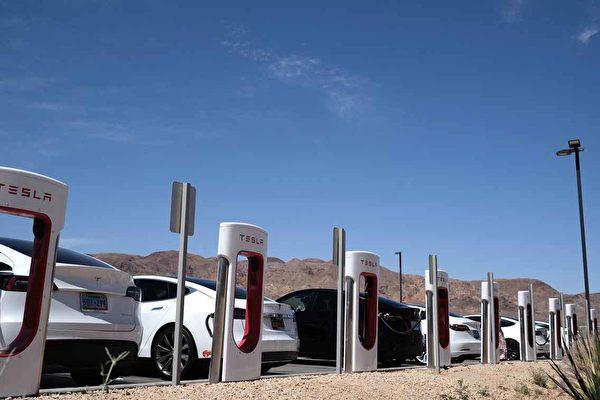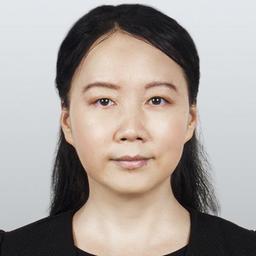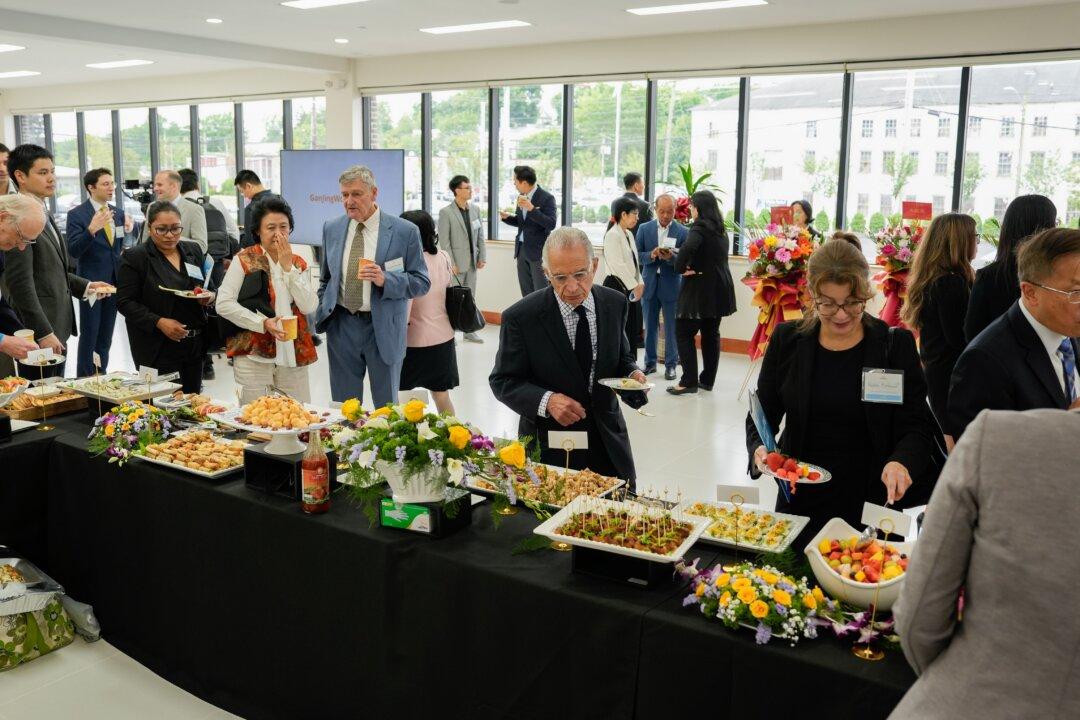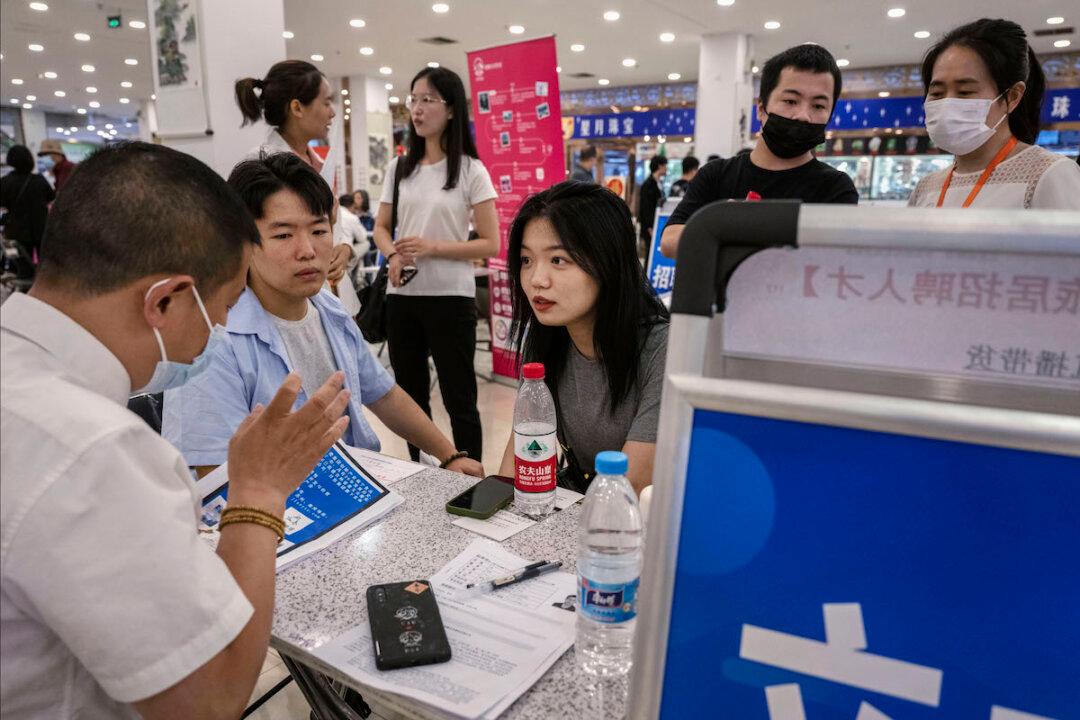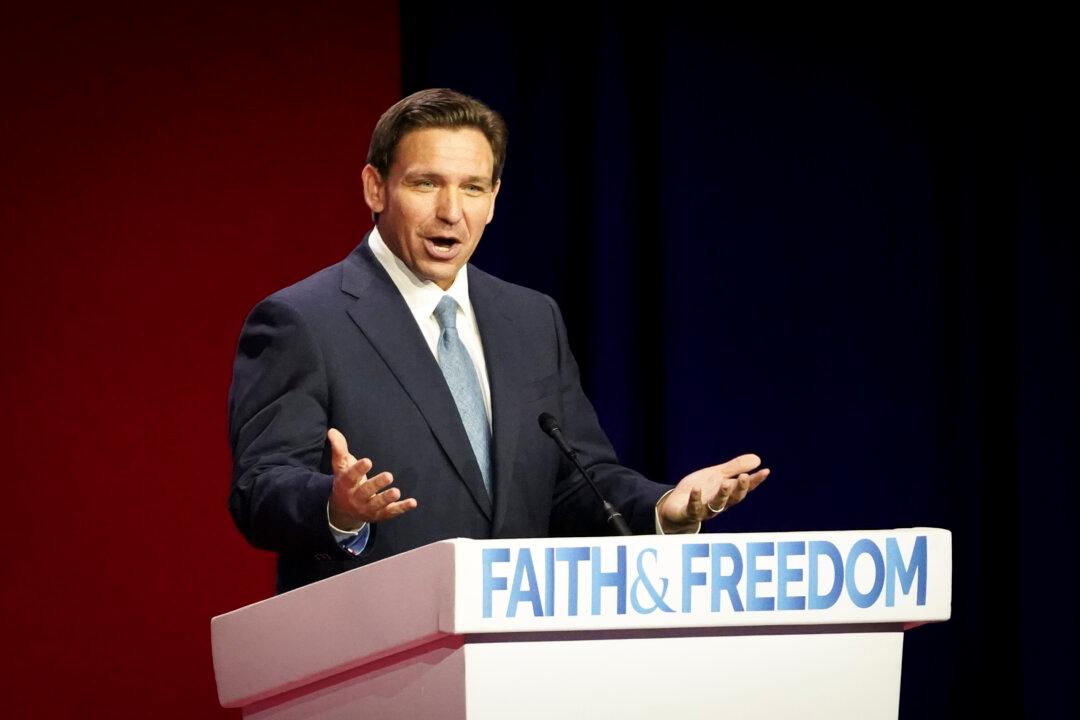President Joe Biden’s 2022 Inflation Reduction Act (IRA) is igniting a growing demand for new and used electric vehicles (EVs). It also incentivizes manufacturers across the entire EV supply chain with credits when they build new or retool existing facilities for EV manufacturing inside the United States.
Taiwan’s Foxconn, the global leader in smart manufacturing, credits the IRA legislation for the company’s venture into the U.S. vehicle battery business. It will build a storage battery facility in Wisconsin and develop vehicle battery pack capacity at its Ohio facility.
